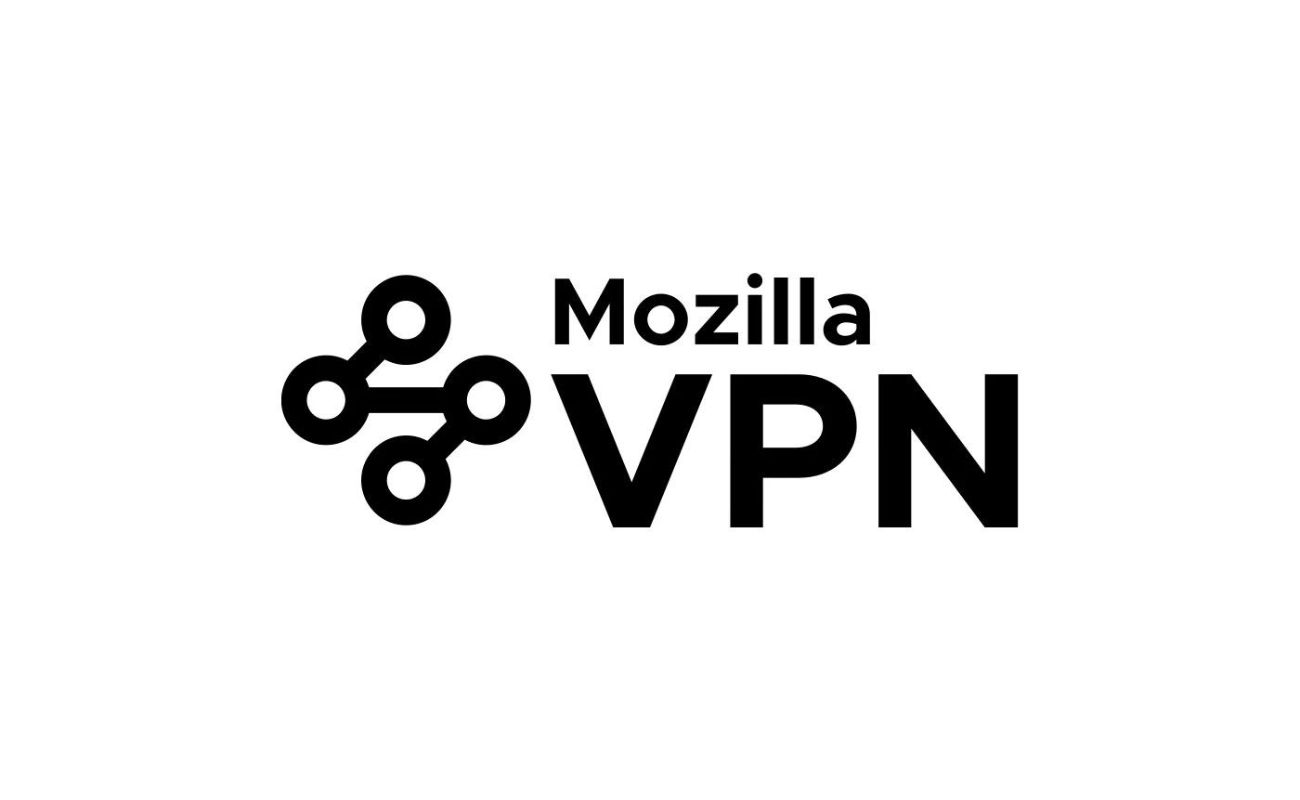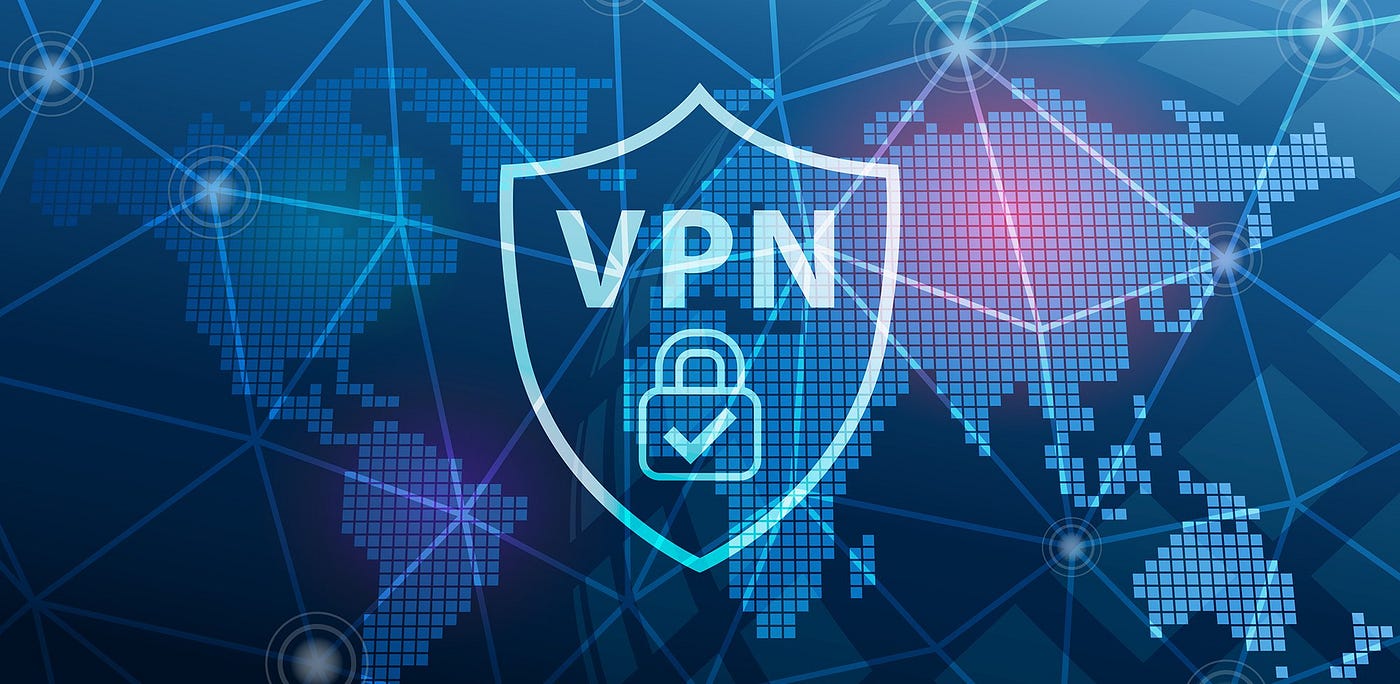Home>Software and Apps>Unlocking The Power Of VPN On Ubuntu: A Tech Blog


Software and Apps
Unlocking The Power Of VPN On Ubuntu: A Tech Blog
Published: March 4, 2024
Discover how to maximize the potential of VPN on Ubuntu with our expert tips and insights. Explore the latest in software and apps for enhanced security and privacy. Unlock the power of VPN today!
(Many of the links in this article redirect to a specific reviewed product. Your purchase of these products through affiliate links helps to generate commission for Techsplurge.com, at no extra cost. Learn more)
Table of Contents
Introduction
In today's interconnected world, where privacy and security are paramount, virtual private networks (VPNs) have emerged as indispensable tools for safeguarding online activities. Whether you're a tech enthusiast, a remote worker, or simply someone who values digital privacy, understanding how to harness the power of VPNs on Ubuntu can significantly enhance your online experience.
This comprehensive guide will walk you through the ins and outs of VPNs on Ubuntu, offering valuable insights into their functionality, setup, configuration, and troubleshooting. By the end of this journey, you'll be equipped with the knowledge and skills to leverage VPNs effectively on your Ubuntu system, ensuring a secure and private online presence.
Let's embark on this exploration of VPNs on Ubuntu, unraveling the potential they hold for enhancing your digital security and privacy.
Understanding VPN on Ubuntu
A virtual private network (VPN) serves as a secure tunnel between your device and the internet, encrypting the data transmitted and ensuring anonymity and privacy. When it comes to Ubuntu, a popular Linux distribution, understanding how VPNs function within this environment is crucial for maximizing their benefits.
Importance of VPN on Ubuntu
Ubuntu users often rely on VPNs to bolster their online security and privacy. Whether accessing public Wi-Fi networks, evading geo-restrictions, or safeguarding sensitive data, VPNs play a pivotal role in fortifying Ubuntu users' digital experiences.
VPN Protocols and Encryption
VPN protocols, such as OpenVPN, L2TP/IPsec, and PPTP, dictate the methods by which data is transmitted through the VPN tunnel. Each protocol offers distinct advantages and encryption levels, allowing users to tailor their VPN setup based on their specific security requirements.
VPN Client Compatibility
Ubuntu boasts a wide array of VPN clients, including the built-in Network Manager, OpenVPN, and third-party applications. Understanding the compatibility and functionality of these clients is essential for seamlessly integrating VPNs into the Ubuntu environment.
Read more: Unlocking the Power of UF VPN: A Tech Blog
Network Configuration and DNS Leak Protection
Configuring VPNs on Ubuntu involves fine-tuning network settings and ensuring robust DNS leak protection. By comprehending the intricacies of network configuration and DNS leak prevention, Ubuntu users can fortify their VPN setups against potential vulnerabilities.
VPN Service Providers
Selecting a reputable VPN service provider is paramount for Ubuntu users seeking a reliable and secure VPN connection. Understanding the features, privacy policies, and performance metrics of various VPN services empowers Ubuntu users to make informed decisions when choosing a provider.
VPN Performance and Latency
While VPNs offer enhanced security, they can also introduce latency and impact network performance. Understanding the nuances of VPN performance on Ubuntu enables users to strike a balance between security and speed, optimizing their online experiences.
By delving into the intricacies of VPN functionality on Ubuntu, users can harness the full potential of these privacy-enhancing tools, fortifying their digital presence and navigating the online realm with confidence and peace of mind.
Setting Up VPN on Ubuntu
Setting up a virtual private network (VPN) on Ubuntu is a straightforward process that empowers users to fortify their online security and privacy. Whether you're connecting to a corporate network, accessing geo-restricted content, or simply safeguarding your digital activities, configuring a VPN on Ubuntu can be accomplished with relative ease. Here's a comprehensive guide to help you navigate the setup process seamlessly.
1. Selecting a VPN Service Provider
Before diving into the setup, it's essential to choose a reputable VPN service provider that aligns with your specific requirements. Evaluate factors such as server locations, encryption protocols, and privacy policies to ensure that the chosen provider offers the level of security and anonymity you seek.
2. Installing VPN Client Software
Ubuntu offers a range of VPN client software options, including the built-in Network Manager, OpenVPN, and third-party applications. Depending on your preferred VPN protocol and client software, installation steps may vary. For instance, if you opt for OpenVPN, you can install the necessary packages using the terminal or Ubuntu Software Center.
3. Configuring VPN Connection
Once the VPN client software is installed, configuring the VPN connection involves entering the server details provided by your VPN service provider. This typically includes the server address, authentication credentials, and encryption settings. The Network Manager interface simplifies this process, allowing users to add a new VPN connection and input the requisite details effortlessly.
4. Testing the VPN Connection
After configuring the VPN connection, it's prudent to test its functionality to ensure a seamless and secure connection. This involves initiating the VPN connection through the Network Manager or the chosen VPN client and verifying that your Ubuntu system establishes a secure tunnel to the VPN server. Testing the connection across different networks can further validate its reliability and performance.
5. Automating VPN Connection
To streamline the VPN experience, consider automating the VPN connection on Ubuntu. This can be achieved by configuring the VPN client to connect automatically upon system startup or when accessing specific networks. Automating the VPN connection ensures continuous protection without the need for manual intervention.
By following these steps, Ubuntu users can effectively set up a VPN, bolstering their online security and privacy with minimal effort. With a secure VPN connection in place, navigating the digital landscape becomes a safer and more private experience, empowering users to leverage the full potential of their Ubuntu systems.
Configuring VPN on Ubuntu
Configuring a virtual private network (VPN) on Ubuntu involves fine-tuning the settings to establish a secure and reliable connection to the VPN server. This pivotal step ensures that Ubuntu users can leverage the full potential of VPNs, fortifying their online security and privacy with precision and efficacy.
Network Manager Interface
The Network Manager interface serves as the primary tool for configuring VPN connections on Ubuntu. Accessible through the system tray or system settings, the Network Manager simplifies the process of adding and managing VPN connections. Upon launching the Network Manager, users can navigate to the VPN tab and select "Add" to initiate the configuration process.
VPN Connection Details
Configuring a VPN connection entails inputting specific details provided by the VPN service provider. This typically includes the server address, authentication credentials (such as username and password or authentication keys), and encryption settings. Ubuntu's Network Manager interface offers intuitive fields for entering these details, ensuring a user-friendly configuration experience.
VPN Protocol Selection
Ubuntu supports a range of VPN protocols, including OpenVPN, L2TP/IPsec, and PPTP. When configuring a VPN connection, users have the flexibility to select the preferred protocol based on their specific requirements. Each protocol offers distinct advantages in terms of security, speed, and compatibility, allowing users to tailor their VPN setup to align with their preferences.
Advanced Settings and Customization
For users seeking advanced configuration options, Ubuntu's Network Manager provides avenues for customization. Advanced settings such as DNS configuration, IPv6 support, and MTU adjustment enable users to fine-tune their VPN connections to suit their networking environment. This level of customization empowers Ubuntu users to optimize their VPN setups for enhanced performance and security.
Connection Testing and Validation
Upon entering the VPN connection details and customizing the settings, it's prudent to test the connection to ensure its functionality. Initiating the VPN connection through the Network Manager and verifying the establishment of a secure tunnel to the VPN server validates the configuration. Testing the connection across different networks further confirms its reliability and performance, ensuring a seamless VPN experience.
By delving into the intricacies of configuring VPNs on Ubuntu, users can establish robust and secure connections that align with their specific security and privacy requirements. The intuitive Network Manager interface, coupled with the flexibility to customize VPN settings, empowers Ubuntu users to fortify their digital presence with confidence and precision.
Troubleshooting VPN Issues on Ubuntu
Troubleshooting VPN issues on Ubuntu is a crucial aspect of maintaining a seamless and secure VPN experience. Despite the robust nature of VPN technology, users may encounter occasional challenges that hinder the functionality of their VPN connections. By understanding common VPN issues and employing effective troubleshooting strategies, Ubuntu users can swiftly address and resolve these issues, ensuring uninterrupted access to secure and private online connectivity.
Read more: Slow VPN: A Tech Blog
1. Connectivity Problems
When encountering connectivity issues with a VPN on Ubuntu, it's essential to diagnose the root cause. Start by verifying the internet connection and ensuring that the VPN server is operational. If the issue persists, checking the firewall settings and network configurations can provide insights into potential connectivity barriers.
2. DNS Leaks
DNS leaks can compromise the anonymity and security provided by a VPN. Ubuntu users should employ tools to detect and prevent DNS leaks, such as configuring the VPN connection to use a specific DNS server or utilizing dedicated DNS leak protection software.
3. Protocol Compatibility
Incompatibility between the VPN protocol and the network environment can lead to connection failures. Ubuntu users should experiment with different VPN protocols supported by their VPN service provider to identify the most compatible option for their network setup.
4. Software Conflicts
Conflicts between the VPN client software and other applications or system components can disrupt VPN functionality. Troubleshooting software conflicts involves isolating potential sources of interference, such as antivirus programs or network management tools, and adjusting their settings to accommodate the VPN connection.
5. Authentication Failures
Authentication failures can impede VPN connections, often stemming from incorrect credentials or server-side authentication issues. Verifying the accuracy of login credentials and reaching out to the VPN service provider for assistance in resolving authentication challenges is paramount in addressing this issue.
6. Network Manager Errors
Ubuntu's Network Manager, while intuitive, may encounter errors that affect VPN connections. Troubleshooting Network Manager errors involves updating the Network Manager software, checking for compatibility with the VPN client, and seeking community support or official documentation for resolution steps.
By proactively addressing these common VPN issues and leveraging effective troubleshooting techniques, Ubuntu users can maintain a robust and reliable VPN experience. Swiftly identifying and resolving connectivity, security, and configuration challenges ensures that VPNs continue to serve as formidable tools for safeguarding online activities on Ubuntu systems.
Conclusion
In conclusion, the utilization of virtual private networks (VPNs) on Ubuntu presents a compelling opportunity for users to fortify their online security and privacy. By understanding the intricacies of VPN functionality, setting up and configuring VPN connections, and effectively troubleshooting potential issues, Ubuntu users can harness the full potential of VPN technology to safeguard their digital activities.
The significance of VPNs on Ubuntu cannot be overstated, particularly in today's digital landscape, where threats to online privacy and security abound. Whether navigating public Wi-Fi networks, accessing geo-restricted content, or safeguarding sensitive data, VPNs serve as indispensable tools for mitigating risks and ensuring a secure online experience.
The process of setting up and configuring VPNs on Ubuntu is streamlined and accessible, empowering users to establish secure connections with ease. By selecting reputable VPN service providers, installing compatible client software, and customizing connection settings, Ubuntu users can seamlessly integrate VPNs into their digital environments, bolstering their online security and privacy.
Furthermore, the ability to troubleshoot common VPN issues on Ubuntu is paramount in maintaining a seamless and reliable VPN experience. By addressing connectivity challenges, preventing DNS leaks, resolving protocol compatibility issues, and troubleshooting software conflicts, Ubuntu users can overcome potential hurdles and ensure uninterrupted access to secure and private online connectivity.
In essence, the journey of unlocking the power of VPNs on Ubuntu is one that empowers users to navigate the digital realm with confidence and peace of mind. By embracing the capabilities of VPN technology and leveraging the robust features of Ubuntu, users can establish a resilient defense against online threats, safeguarding their digital presence with precision and efficacy.
As technology continues to evolve and digital privacy becomes increasingly vital, the knowledge and skills acquired in harnessing the power of VPNs on Ubuntu will undoubtedly remain invaluable. With a secure and private online experience at their fingertips, Ubuntu users can navigate the digital landscape with confidence, knowing that their digital activities are shielded by the formidable protection of VPN technology.










